FlexSea: Pioneering Sustainable Packaging with Seaweed-Based Bioplastic

FlexSea is an innovative start-up based in London funded in 2020 to tackle the problem of plastic pollution in the packaging industry. They have developed a sustainable seaweed-derived biomaterial that is poised to replace traditional plastic film packaging and revolutionize the way we think about sustainable packaging.
The Problem with Conventional Plastics
Conventional plastics have wreaked havoc on our environment for decades. They persist in the environment for centuries, causing harm to wildlife, polluting oceans, and littering landscapes. As everybody knows, the production of petroleum-based plastics results in significant greenhouse gas emissions and relies on finite fossil fuel resources.
Even traditional bioplastics, which are often marketed as environmentally friendly, have their own set of challenges. They are typically made from crops that require intensive agricultural practices, such as heavy pesticide and chemical fertilizer use. This not only damages the soil but also occupies valuable arable land. Moreover, many so-called “compostable” bioplastics require industrial composting facilities, which are not widely available. Consumers often mistake them for traditional plastic, leading to contamination of recycling batches.
FlexSea’s Innovative Solution
FlexSea recognized these issues and embarked on a mission to create a more sustainable alternative. Their innovation lies in the use of seaweed as a primary raw material for bioplastic production.
Seaweeds used by FlexSea grow rapidly and abundantly, with 45-day year-round cycles. They don’t require freshwater, arable land, pesticides, or chemical fertilizers. This allows for a fast material turnover in an ecologically and economically efficient way. The use of seaweed as a raw material is a game-changer, as it preserves ecosystems, protects coastlines from erosion, and sustains local economies.
Key Features of FlexSea’s Bioplastic
- Biodegradability: FlexSea’s bioplastic films and rigid solutions are designed to be completely biodegradable in both marine and soil environments. They are also home-compostable within 8-12 weeks, reducing the burden on waste management systems.
- Sustainability: The production of FlexSea’s biomaterials is highly sustainable, with minimal chemical use and low processing temperatures. Water vapor is the only by-product, making the process environmentally friendly. All scraps and production materials are industrially recyclable.
- Versatility: FlexSea’s bioplastic is transparent and heat-sealable, making it suitable for a wide range of applications, including visually demanding ones. The pellets are compatible with conventional plastic-making extrusion and injection machines.
- Circular Economy Ethos: FlexSea is committed to a true natural circularity, where materials come from sustainable sources and return to the environment after fulfilling their intended purpose. This approach aims to reduce waste and minimize environmental impact.
Find out more on the following website: https://flex-sea.com/

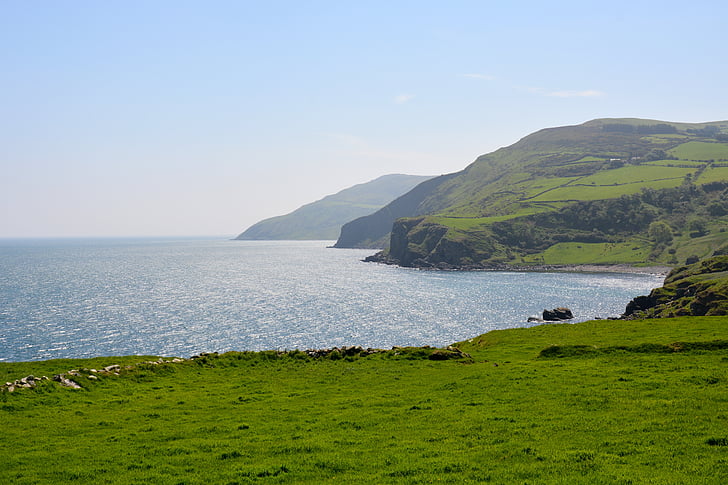
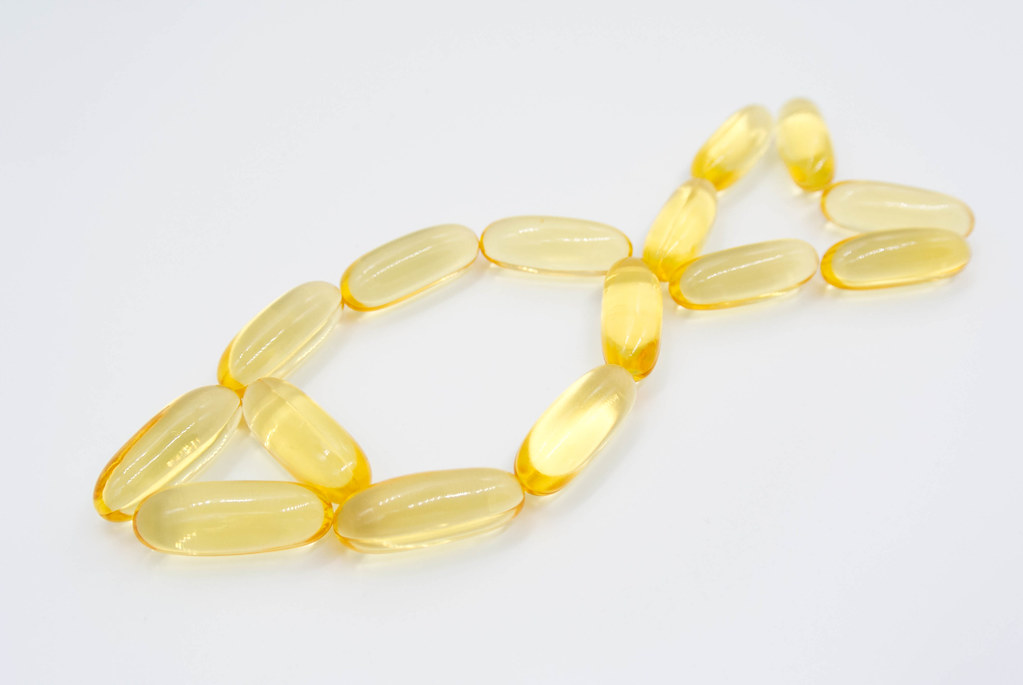
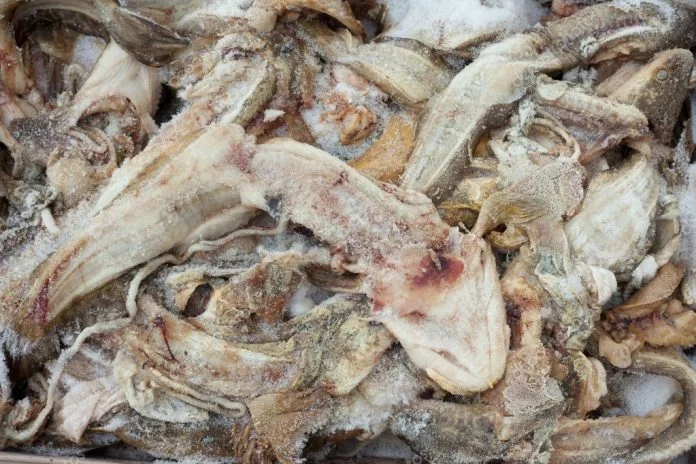
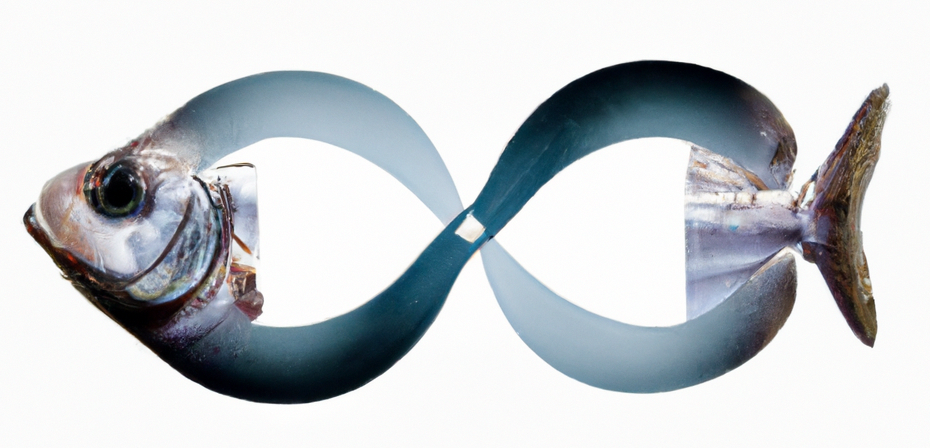
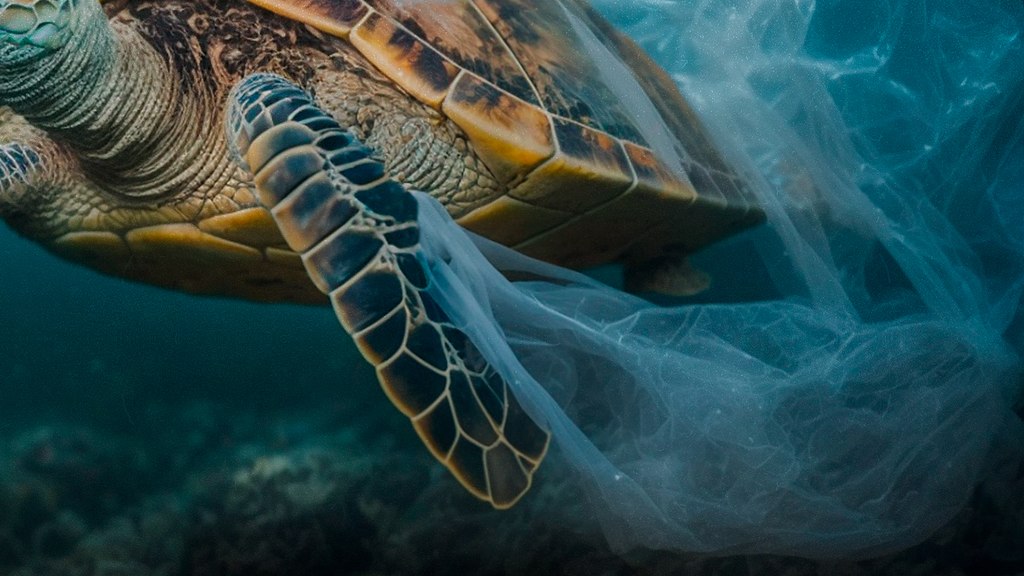
Responses